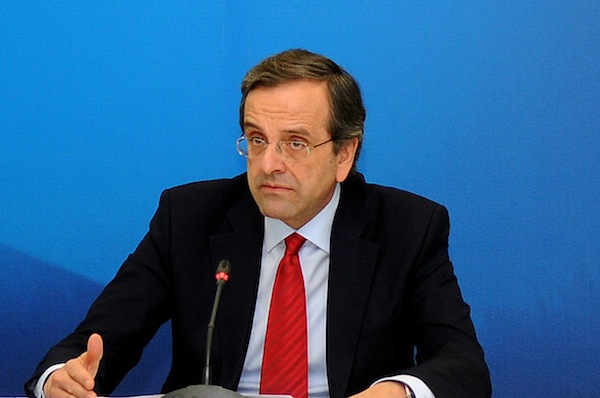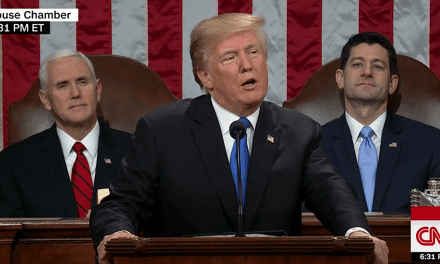By Christina Kostopoulou
Antonis Samaras of the conservative New Democracy party, said in a statement that the new government would serve the full four-year term as set by the Greek Constitution. But the tenuous coalition among the conservatives, the Socialist Party known as Pasok and the moderate Democratic Left looks like they will struggle to last even a fraction of that time.
One of the first challenges is to makeup of the new cabinet, which has been trimmed to 17 ministers and 22 deputies, a total that is 10 fewer than the previous cabinet. The majority is New Democracy officials; the leaders of the two other parties didn’t want to take ministerial posts themselves or to assign prominent party figures to them, obviously out of fear of being associated with any new austerity or other unpopular measures the government may undertake.
The Finance Ministry portfolio went to Vassilis Rapanos, 65, who is chairman of the country’s biggest lender, the National Bank of Greece. Mr. Rapanos was the also the prominent financial adviser to a former Socialist prime minister, Costas Simitis, who was accused of cooperating with Goldman Sacks in changing the official figures of the country’s economy and securing its entry on the Euro. Mr. Rapanos is handed the enormous task of reviving the stagnant Greek economy while collecting more tax revenue and cutting public spending.
Conservatives assumed most of the important ministry posts. The foreign minister is Dimitris Avramopoulos, a former mayor of Athens; Panagiotis Panagiotopoulos, a former journalist and labor minister, is the new defense minister. Olga Kefaloyianni, a conservative lawmaker from Crete will be taking charge of the Tourism Ministry. Nonpolitical figures, chiefly academics, took portfolios in administrative reform, environment and energy, agricultural development and justice.



















